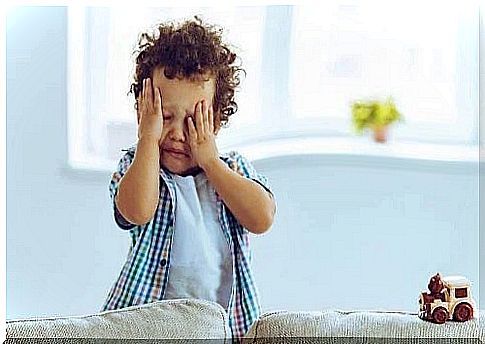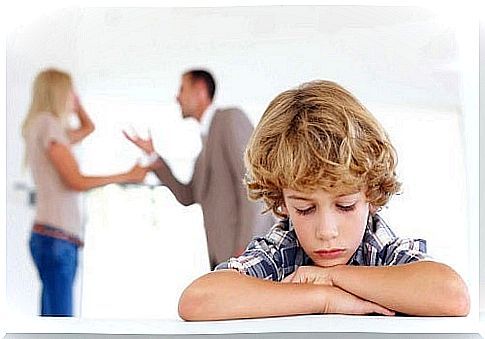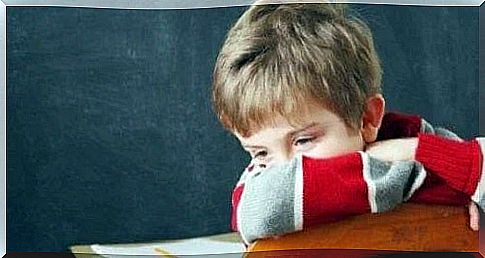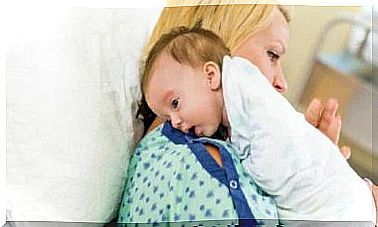How To Explain Death To Children

Death is part of life. The death of a loved one upsets all who love her. Helping the child cope with death can be difficult because the little ones do not understand the implications of loss and need us to realize that they need to express their feelings without fear. So how do you explain death to children?
The concept of “death” depends on age

Children understand the meaning of death according to their age. Up to 2 years, the child perceives only the absence of the deceased. After 3 years, he may think that death is temporary and reversible. Between the ages of 5 and 6, he will begin to understand that he is permanent and will perceive the difference between life and death.
Young children know that people can die, but until the age of 8 or 9 they do not realize that they too can die. After the age of 10, they can fully understand the meaning of death.
Children’s reactions to death

When a child has to deal with the death of a loved one, his reaction will be different depending on the reactions he observes in the rest of the family. In families who talk openly about the subject, the child will have the opportunity to express their pain and sadness. In families who consider death a taboo, it will be more difficult for the child to understand the situation, because he will not know how to express what he feels.
Some children may express their pain in silence, and others will show their sadness. Others may behave uncontrollably and defiantly. There may also be signs of emotional regression, anxiety, anger and depression. It all depends on the relationship they had with the deceased.
Depending on the child’s age, reactions to death can also occur at school. Problems such as inattention and concentration, memory difficulties (frequent forgetfulness) and poor school performance can occur .
How do you explain to children what death means?
Tell them the truth as soon as possible
Avoid euphemisms
Grandma didn’t “leave.” Children must be clearly told that death is final. Answer all questions in the most natural and calm way possible. Use age-appropriate language. You need to make sure the little one understands what you are explaining.
You should not give children information they did not ask for. If it is an elderly person or a sick person, tell them that we will all die after we grow old or get sick. You can also explain if it was an accident or what happened to the body of the deceased.
Allow them to express their feelings

Avoid over-protecting them
Some parents believe that they should protect their children from death. But that’s not how you explain death to children. They are not allowed to attend funerals, cry, or talk about the deceased. Parents even invent stories about death to protect their children from pain.
Despite these good intentions, it does not help children. Children need to express their feelings and talk about how much they miss their deceased relative.
It is good for your child to see you mourning the death of loved ones. Seeing yourself openly expressing the pain that overwhelms you will help him express how he feels. Being able to express your own feelings is a way to help your children cope with the death of a relative.
Crying is necessary and natural when you feel such great pain as the loss of someone you loved. But be careful not to scare your children. Children should not see that you are losing your temper, because they will worry that they will lose you. The way you manage your pain will help them overcome the loss.
To explain death to children, let them say goodbye

.
The child’s participation in the funeral of a loved one will depend on the family and the child. If the little one is mature enough, it is important to explain to him what happens at the funeral. Children can decide whether or not to participate and any decision of theirs is okay.
Children who decide to attend the funeral may want to leave at any time. Respect their decision; not the force to be there. In this case, it’s a good idea to talk to someone you trust who can take care of them if they want to leave.
In any case, try to let the child say goodbye. If the little one does not want to attend the funeral, he can do so by writing a letter. He may also visit the rest area at a later date. Saying goodbye is vital to beginning the mourning process and helps children cope with the death of a relative, but this does not necessarily have to happen in front of the body of the deceased relative.









